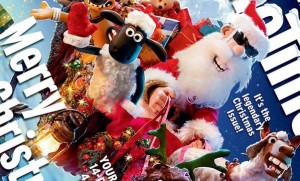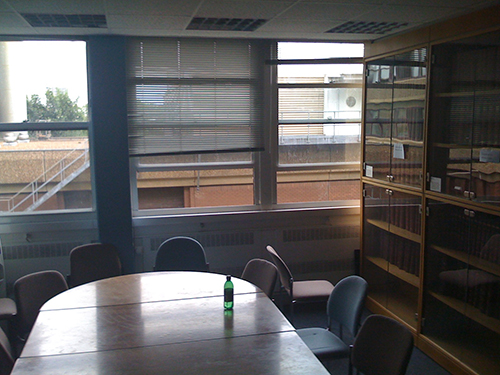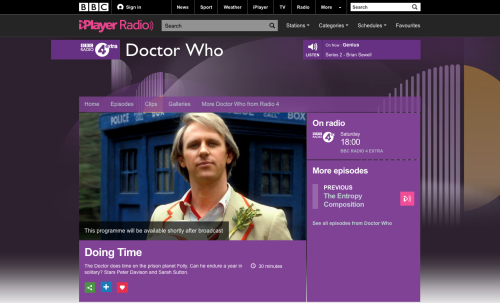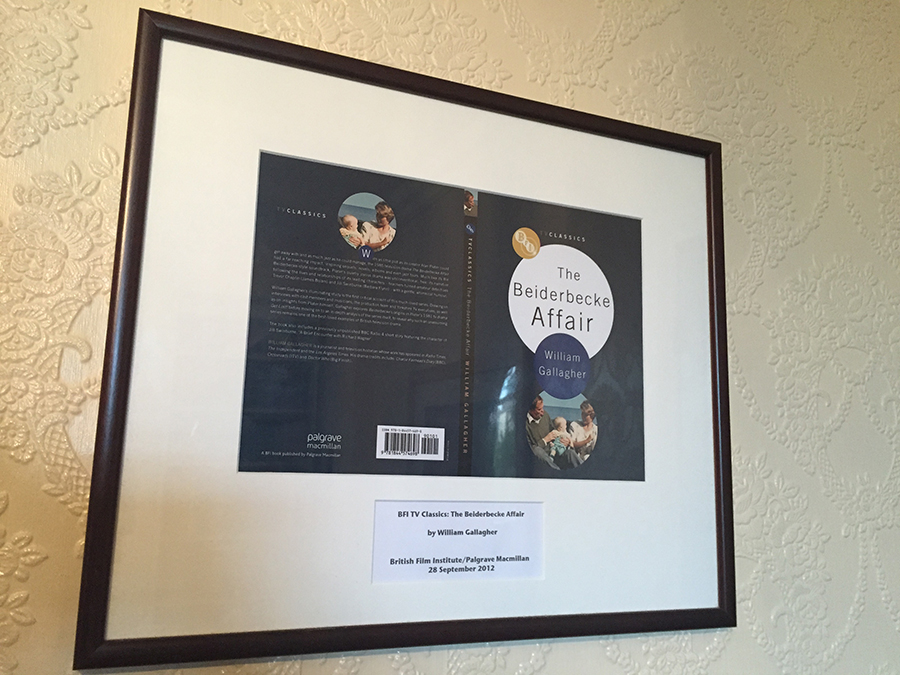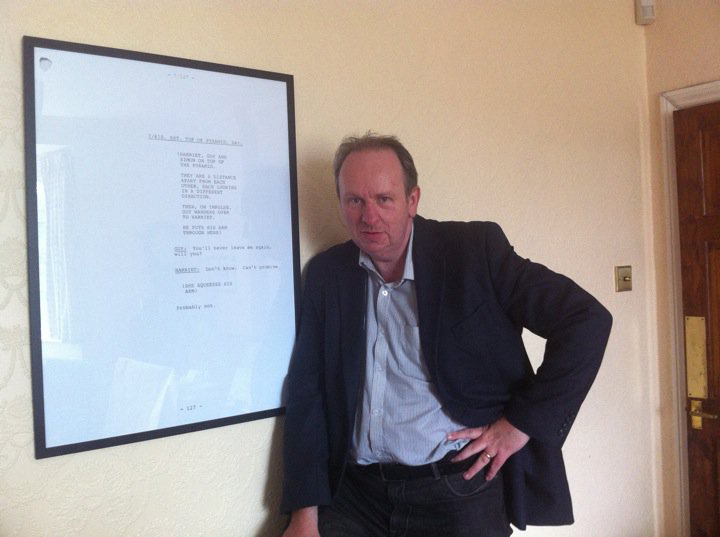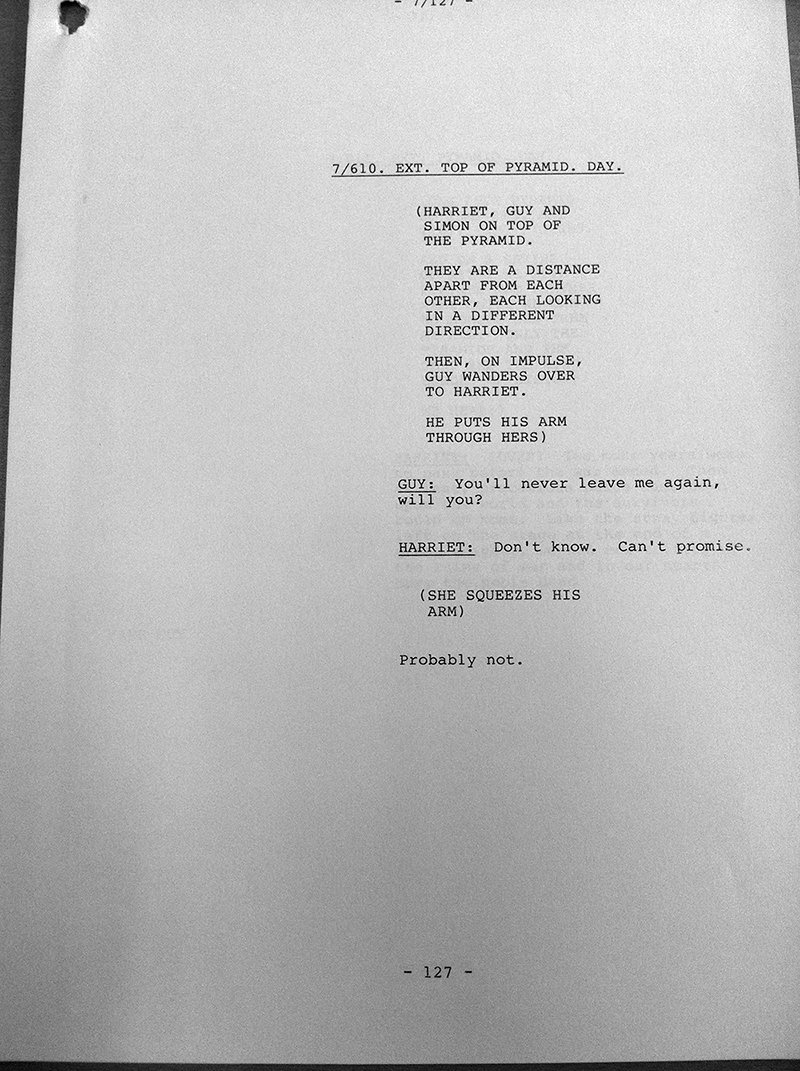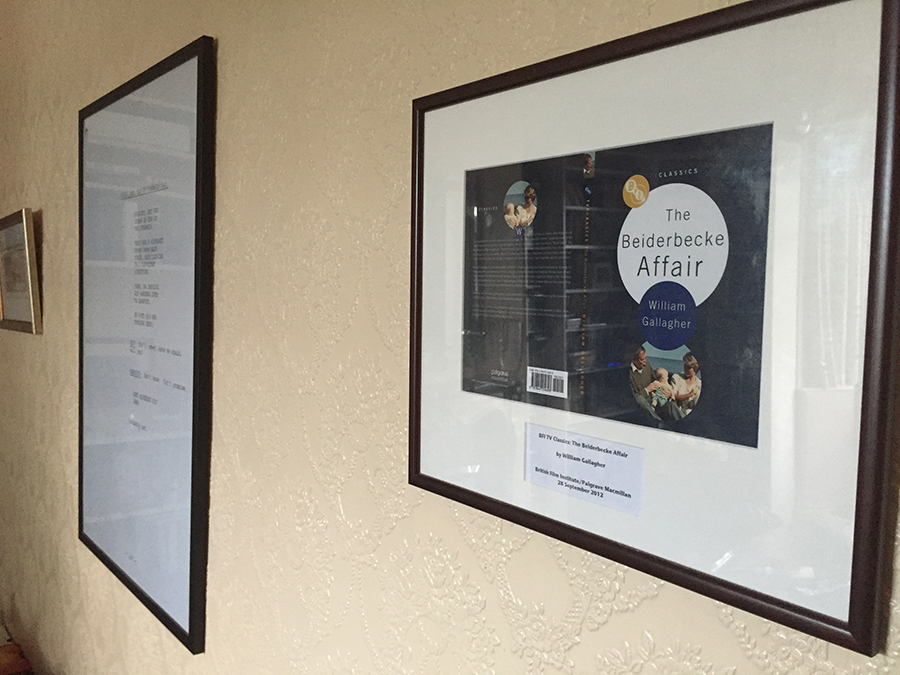I’ve been talking my mouth off about writing all week. There is something funny about talking about writing and there’s something not at all funny about a writer not getting to write much. But in the course of yapping away, I rediscovered something so persnickety and detailed, an opinion of mine so exclusive to writing that normal people would think I’m barmy to care and writers would again recognise me as barmy but also as one of their own.
Naturally, then, I’ve got to tell you. For once, it won’t take long, either, as it’s so precise and so vehement as to be less an expression of opinion and more a banging my hand on the table for emphasis.
Do not ever write anything where your character answers a question.
Not.
Ever.
Let me give you the example that keeps popping into my head. Here’s Burt asking Susan a question. (I have no idea who Burt and Susan are.)
BURT: What were you doing in aisle 9 of Asda this morning?
SUSAN: Buying bacon.
Susan answers the question and in just two words I’m bored with her, that dialogue is dead air and it achieves nothing beyond the obvious. Now, if you had to have Burt ask this question, it would be because you needed your audience to know this fact that Susan had been at Asda in aisle 9 this morning. But you never need them to know that same fact twice.
The sole thing that “buying bacon” does is tell us that yes, she was in Asda’s aisle 9 this morning and presumably that’s where the bacon is stored. Unless we deeply care about bacon, this is worthless dialogue. Whereas this isn’t:
BURT: What were you doing in Aisle 9 of Asda this morning?
SUSAN: Were you following me?
Look what that just did. In both examples, Susan is actually saying yes, she was there. So that’s your plot exposition done. She isn’t wasting air with a pointless detail about bacon and pointless is always boring. If that were all, I’d at least be happier than when she just said “buying bacon”.
But it isn’t all. Without the rest of the scene we can’t tell what attitude she’s got – is she afraid? is she annoyed? is she flirting? is she a vegetarian who’s just been caught out? – but we do know that she has got some attitude. She’s on her feet, she’s pushing back, this may be very mild conflict but it is conflict. She’s pushing back and Burt is now on the defensive; she may have just changed the power in this conversation.
That’s drama. And I’l tell you this: you now want to know what Burt is going to say next. When it was about bacon, I doubt you were excited waiting to see if he’d enquire about smoked or unsmoked, back or streaky. Maybe you and I would both gasp if we learned she’d bought turkey bacon – there’s such a thing as turkey bacon? – but neither of us would be giving a very great deal of a damn.
You can think of situations where actually “buying bacon” is the right response, it’s the response that would bring up the end-of-episode drums of EastEnders. So when I say never do it, you know that I mean never do it but okay, if you must.
It’s as I’ve said to you before: there are no rules in writing, but if you break them…
